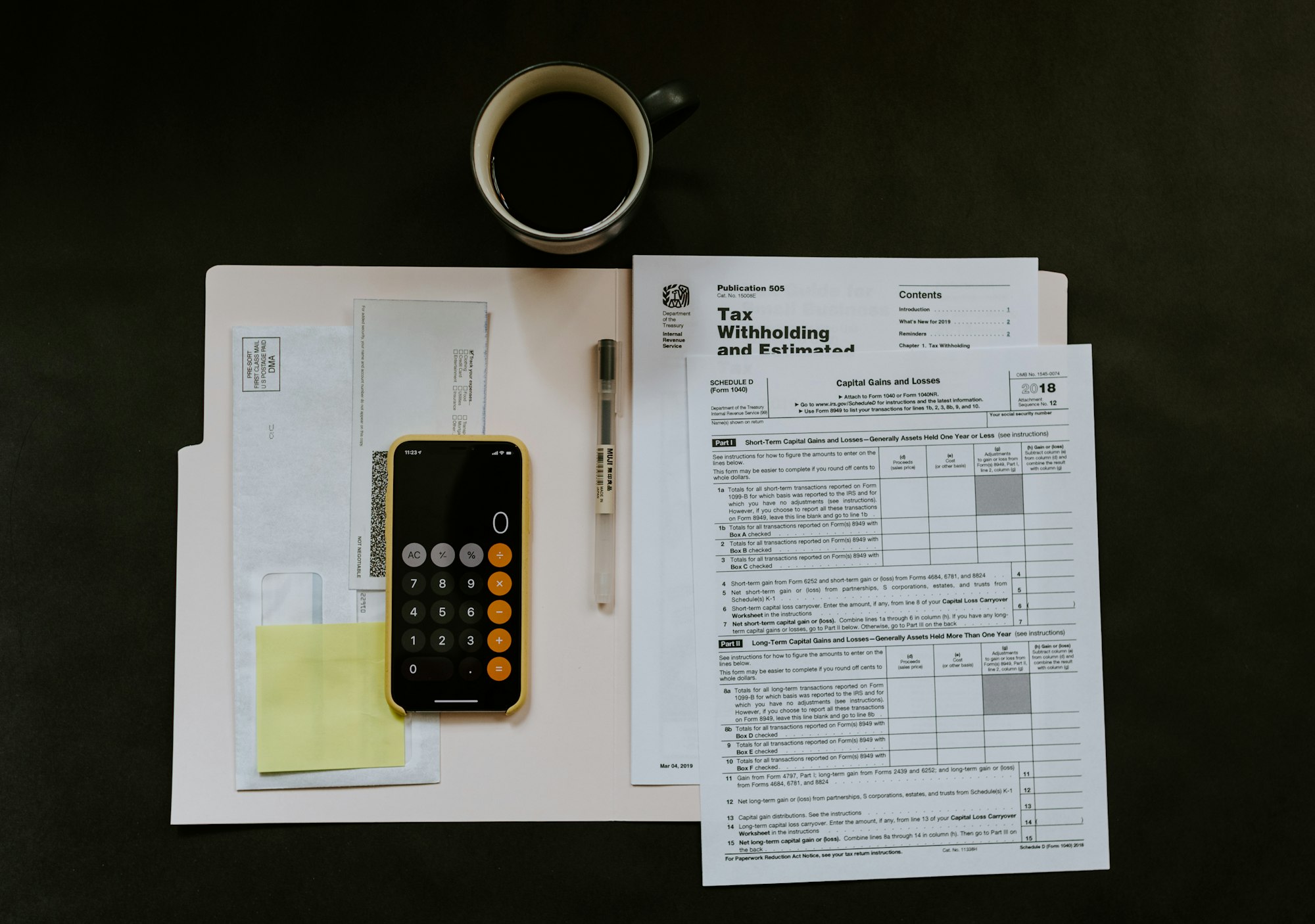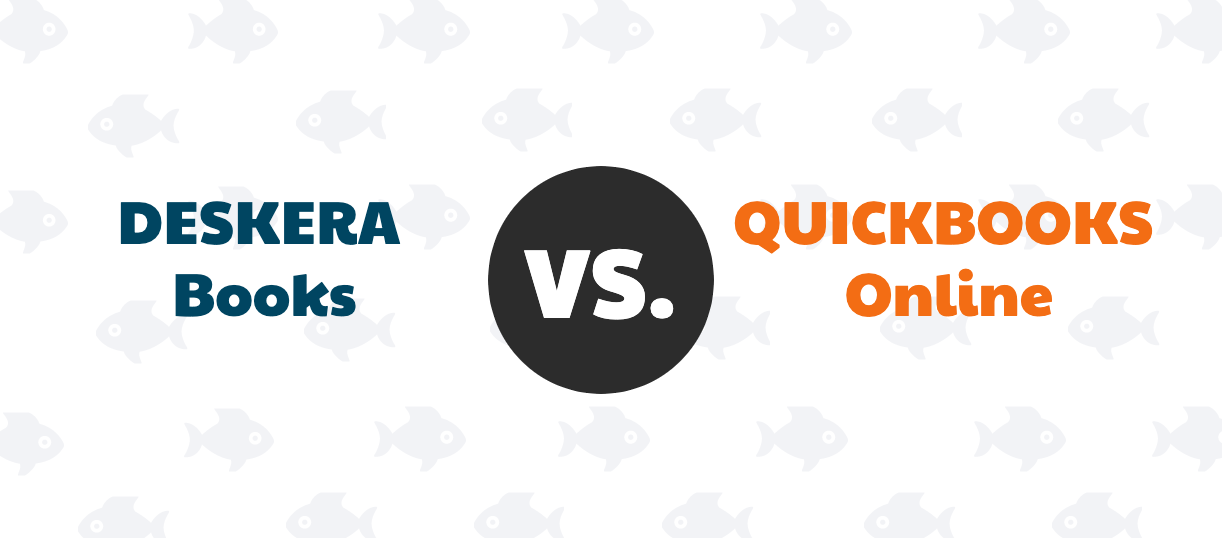As a small business owner, accounting is probably the last thing you want to worry about.
But what if good accounting tips can save your time and money?
Here is how:
At the initial stage of your business, you might be able to get away with maintaining your own books.
But as your business grows, the accounting tasks will become overwhelming, especially when the tax season is near.
Mistakes and errors are bound to happen and you will end up paying a large sum of money to hire accountants and bookkeepers to correct your books.
But no worries! You have come to the right place.
Let me share with you 15 accounting tips to save your time and money.
After all, a penny saved is a penny earned.
Let’s get started.
How Does Bad Bookkeeping Harm Your Small Business?
Let us first understand what small business accounting is.
Small business accounting involves tracking all the money that flows in and out of your business accounts, summarizing that data into financial statements.
As a small business owner, some of the most typical day-to-day accounting activities you’ll find yourself doing are:
- Create and send invoices
- Track expenses
- Record customer receipts and make payments to vendors
- Reconcile bank statements
- Prepare financial statements and reports
- File for tax
And the list goes on.
This is why at the early stage of your business, you can manage your own books alone but as the business grows, you find yourself wasting a lot of time searching through different excel spreadsheets and compiling data.
But guess what?
Chances are your balance sheet is still not balanced. The mismatch of 100$ could be from one journal entry that you keyed in wrongly or one prepayment that you told yourself you would account for at the end of the month but eventually forgot.
And these accounting errors can be detrimental to your small business.
Here are some of the major consequences of bad bookkeeping:
Expensive Fines for Inaccurate Tax Filing

Did I mention that tax filing is also part of your bookkeeping?
The reality is that even though you are not a tax expert, you will still need to file tax for your small business.
And if your tax filing contains incorrect information, you will face expensive fines and fees that are detrimental to your cash flow.
Time and Money to Correct Accounting Errors
Equipping yourself with basic accounting knowledge and the double-entry bookkeeping principle will certainly help to avoid accounting mistakes.
But you are not a professional accountant and most of your time is not used to do bookkeeping, so mistakes and errors are bound to happen.
When the overdue accounting tasks are piling up and the tax season is closing by, you end up hiring an accountant to clean up your books.
But money alone will not solve the problem.
You will also need to work closely with the bookkeeper to allocate the transactions and correct the errors. This will also cost your time greatly.
Cash Flow Problems
If you aren’t tracking your cash inflow and outflow closely, you might find yourself in difficult situations where you don’t have enough cash to pay bills and expenses.
This can compromise your relationship with business partners and incur additional costs.
Maintaining a healthy cash flow is essential for any business, let alone small businesses. So you will need to stay on top of your cash flow at all times and bad bookkeeping will only make your cash flow management harder.
Poor Business Decisions

Good accounting practices are not only about having accurate financial reports but also about having accurate financial reports at the right time.
Unable to accurately assess your financial situation in real-time can lead to poor business decisions.
Not knowing when to place an order, when to follow up on an outstanding invoice, when to prepare a bank statement can be fatal to your business.
With that, I have highlighted the major consequences of bad bookkeeping that can happen to any small business.
In the rest of this article, I’ll show you 15 accounting tips to avoid those consequences and save you time and money.
15 Small Business Accounting Tips to Save You Time and Money
#1 - Separate Business and Personal Expenses

The first accounting tip is setting up a separate bank account for your business.
By saying this, I assume you would have already registered your business as a separate legal entity. This is important because you must draw a clear line between your personal assets and business liabilities.
Hence, setting up a business bank account to record business expenses is necessary. You don’t want to mix up your personal and business expenses as doing so would make it difficult for you to know if your business is making a profit.
On top of that, recording business expenses via a separate bank account also helps for tax filing.
#2 - Track Every Business Expense
Yes, the second accounting tip is also about business expenses. I can’t emphasize enough the importance of managing your business expenses.
Dollars add up quickly and before you know it, you are out of money.
You need to stay on top of your business spending at all times to cut down expenses. It also gives you a more accurate profit margin to assess your business.
Larger expenses shouldn’t come as a surprise to you. Always plan ahead to avoid short-term cash problems.
#3 - Keep a Close Watch on Invoices and Receivables

The next accounting tip is a more exciting part of your business - income and revenue.
Closing on a deal and sending out an invoice to your customer does feel good.
But money doesn’t really count until it is in your bank account.
That is why you need to follow up closely with invoices and ensure your customers pay you on time. Letting large amounts of receivables pilling up can affect your cash flow tremendously.
Accounting software that allows you to receive payments online will help to receive payments from your customers faster.
#4 - Automate Bookkeeping with Accounting Software
Accounting software is the name of the game in recent years.
It is cheaper than hiring a bookkeeper and it automates most of your accounting processes.
You can create invoices, track expenses, access ready-made financial reports whenever and wherever you need them.
So my accounting tip is to start researching which accounting software suits your business best and comparing the features between different accounting software.
Here is an example of such an article Quickbooks Online vs. Deskera Books, which can help you get started.
#5 - Prepare for Tax Filing
Be ready for tax season.
If you have followed my first accounting tip of separating business expenses, you have already lessened your work of tax filing.
However, that is not all. Depending on your country and the nature of your business, you will have different tax obligations. For example, for Singapore, you would have GST.
It is recommended to seek out advice from professionals or find accounting software that is compliant with your country.
#6 - Keep Your Receipts
Keeping your receipts is a simple yet efficient accounting tip to track your expenses and file for tax returns.
Similar to any other important documents, you should have a separate box or folder to store all your receipts.
And better yet, if you can have electronic receipts instead of physical ones, it would be easier to store online and you can pull out the receipts whenever and wherever you need them.
#7 - Reconcile Bank Statements Regularly

Have you ever wondered why there are differences in bank balance between your bank statements and your accounting books?
Most of the time, that is because your customers haven’t deposited your cheques to the bank. On top of that, banks often take 2 to 3 business days to clear checks and reflect these balances in accounts.
However, the differences might also come from accounting mistakes and fraudulent activities.
So the next accounting tip is you need to reconcile your bank accounts frequently to detect errors and prevent fraud.
#8 - Manage Your Inventory Efficiently
Do you know that $1.1 trillion worldwide is lost each year due to inventory distortion?
An amount that is nearly the GDP of Australia!
This accounting tip is important if your small business has inventory. You need to have an efficient inventory management process to cut down inventory costs and avoid revenue loss from missed sales.
If your accounting software is also integrated with inventory management software, it would kill two birds in one stone!
#9 - Fulfill Orders on Time

And if you follow the above accounting tip, you will be able to delight your customers with on-time deliveries.
Stay on top of your stock levels at all times and fulfill your customer orders with confidence. This will ensure that you would never miss a sale opportunity even during peak season.
Any missed sale opportunity is equivalent to a loss of revenue to your business.
On top of that, meeting the customers' demands quickly will keep them happy and coming back for more.
#10 - In Control of Labor Costs
In the beginning, when your business is a one-man-show, you would not have to worry about labor costs.
But as your business grows, you will hire employees, both part-time and full-time.
The labor costs will add up quickly, especially when there are additional benefits on top of basic pay such as overtime, commissions.
Hence, one important accounting tip is to stay on top of your labor costs to avoid cash flow problems.
#11 - Establish a Payroll System

Labor cost is one thing, processing the salary and calculating payroll taxes is another thing.
You have to ensure you are withholding the correct taxes and making timely payments to authorities on behalf of your employees.
Thus, the next accounting tip is to establish a payroll system to fulfill these obligations. It is recommended that you should have payroll software to automate this process.
#12 - Watch out for Your Liabilities
This accounting tip might be straightforward but it can be easily overlooked, especially when you are not familiar with accounting basics.
You need to separate loans and borrowed funds from your current assets. Know what you own and what you owe.
While we are on this topic, let’s recap the accounting equation:
Assets = Liabilities + Equity
Assets are what your business owns (resources of the business, such as cash or equipment)
Liabilities are what your business owes (your obligations, like wages, debt, or taxes)
The owner’s equity is what’s left after liabilities are subtracted from assets.
#13 - Track Daily Expenses in Detail
So far we have covered accounting tips mostly from an overview perspective. Let us zoom in more on daily operations.
Particularly daily expenses.
Remember when you got your first paycheck from your first job. I bet that paycheck didn’t last that long, did it?
So what I did in the past to investigate this ‘strange’ phenomenon was to record down each daily expense in my journal to track where my salary magically goes. It shocked me how small spendings can eat up my paycheck so quickly.
And this happens to your business too.
Daily expenses add up in no time so you need to keep a close eye on daily expenses.
#14 - Derive a Minimum Monthly Income
The next accounting tip is to estimate your minimum monthly revenue to cover expenses.
With the daily business expenses recorded, it is pretty easy math.
Add the daily expenses with any fixed monthly spending to estimate the average monthly expense and derive the minimum monthly income to keep your business running.
Moreover, having a minimum target income in mind will help you to plan your sales and marketing strategy better.
#15- Create Financial Projections for Future Years

Last but not least, you would want to do financial projections for the coming years.
Even if your business might be doing well with good profits, you should plan ahead to account for internal and external factors that might happen in the future.
How will the market change in the coming years? How will the changes affect your business?
What are the adjustments you would have to make? What are the preparations needed?
With that, let me end the 15 accounting tips with a famous quote from Benjamin Franklin, Founding Father of the United States
By failing to prepare, you are preparing to fail.
Want to jump in now and start accounting for your small business? Get your free trial now with Deskera Books.
It even comes with a completely 100% free mobile application.
This way, you’ll be able to access your accounting records from any device.
Just give Deskera a free trial!
Key Takeaways
So that’s it for the 15 accounting tips to save you time and money.
I hope that I have helped you in one way or another.
To make your life easier, here are the main points we covered:
- At the initial stage of your business, you might be able to get away with maintaining your own books.
- But as your business grows, mistakes and errors are bound to happen and it will cost you both time and money to correct your books.
- Major consequences of bad bookkeeping include expensive fines for incorrect tax filing, cash flow problems, and poor business decisions which can be detrimental to your business.
To help you avoid those consequences, I have shared 15 accounting tips save you time and money:
- Separate Business and Personal Expenses
- Track Every Business Expense
- Keep a Close Watch on Invoices and Receivables
- Automate Bookkeeping with Accounting Software
- Prepare for Tax Filing
- Keep Your Receipts
- Reconcile Bank Statements Regularly
- Manage Your Inventory Efficiently
- Fulfill Orders on Time
- In Control of Labor Costs
- Establish a Payroll System
- Watch out for Your Liabilities
- Track Daily Expenses in Detail
- Derive a Minimum Monthly Income
- Create Financial Projections for Future Years
And as usual, make sure to follow the Deskera blog for the best content on managing your small business!
Related Articles







